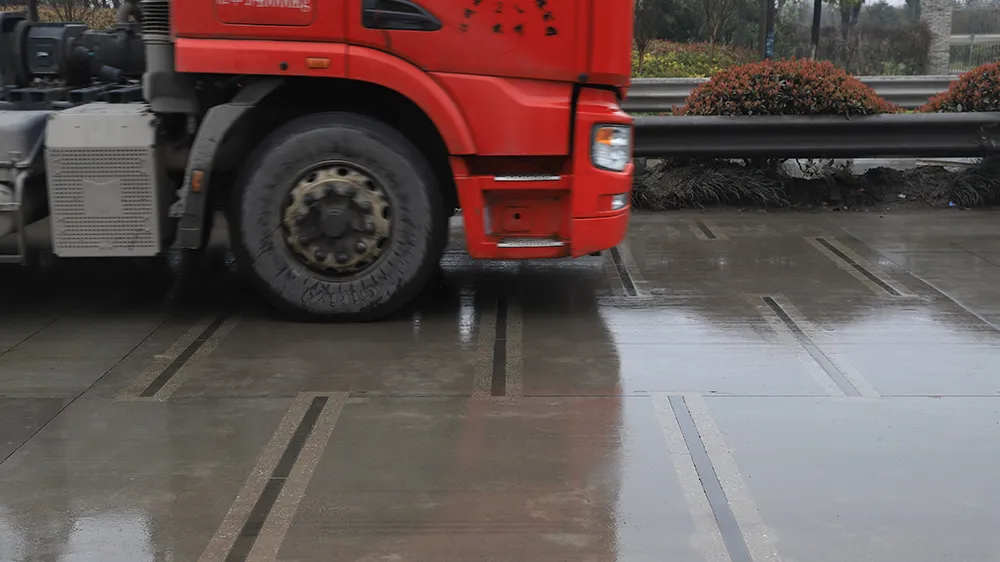Wabco Holdings has announced it will supply its adaptive cruise control (ACC) system to Yutong in China, the world’s largest manufacturer of buses, as part of an expanded long-term agreement to furnish advanced safety technologies.
March 26, 2012
Read time: 2 mins
Wabco’s ACC automatically adjusts the vehicle’s speed to maintain a preset distance to the moving vehicle ahead. It reacts with acoustic and visual warning, engine control and, if necessary, partial braking. It improves vehicle safety as well as driver effectiveness and comfort. Wabco will also continue long-term to supply Yutong with electronic stability control (ESC) as standard features for series production on the company’s range of high-end buses which are in service in 27 countries.
“We greatly value Wabco’s technology portfolio as it strongly supports our ‘Super Safety’ programme comprising ACC, ESC and EBS as standard features on high-end Yutong buses,” said Tang Wang, deputy director of technology, Yutong Bus Company. “We are also proud to be the first bus maker in China to equip vehicles with ACC, and as a result, the safety controls on our premier products are the most advanced in the Chinese market.”
Wabco pioneered ESC for commercial vehicles in 2001 and has continued to innovate this safety technology ever since. The technology improves directional stability and helps protect against roll-over, skidding and spinning as well as jack-knifing in tractor-trailer combinations. It was in 1996 that the company introduced EBS for heavy duty commercial vehicles to shorten the braking distance, enable stable steering throughout the braking procedure, and improve driver effectiveness and comfort.









